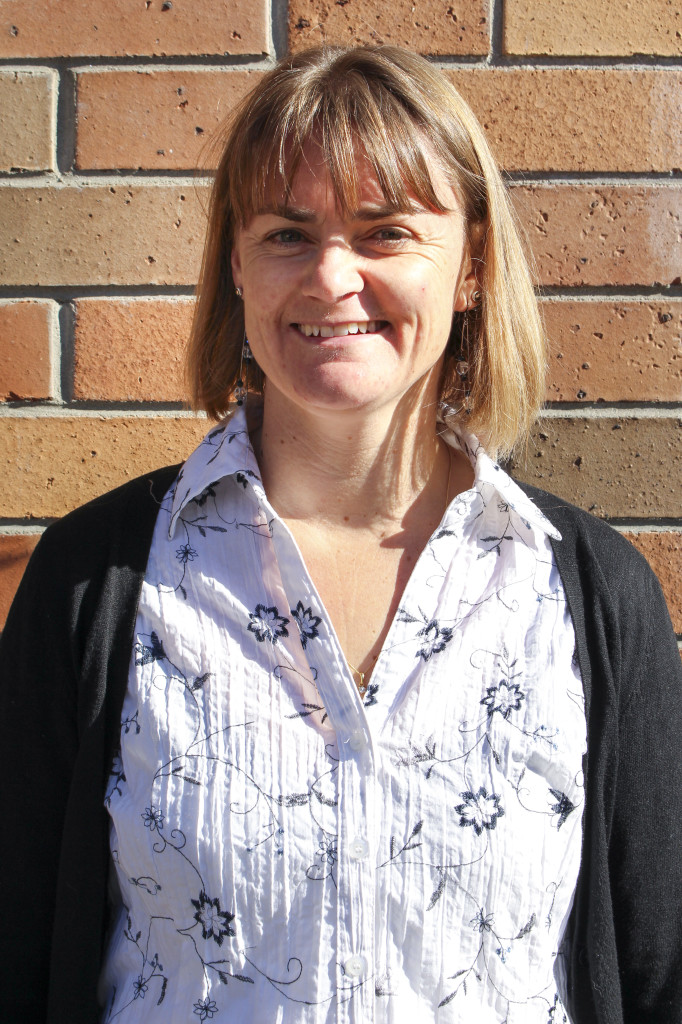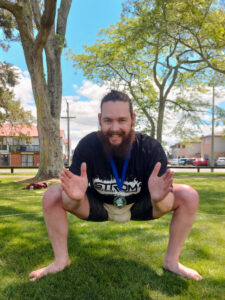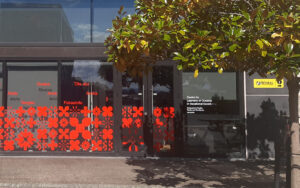St Paul’s students set for farming challenge
A Hamilton school is doing its bit to foster agribusiness as a career path. Dasha Kuprienko reports.
Two dozen farming enthusiasts are gathered in a room. Some are gazing at their computer screens, highlighting in their notebooks, some are having a good laugh sharing weekend stories – it’s a sustainability project for a Year 13 Agribusiness class at St Paul’s Collegiate School in Hamilton.
The 301 class are the future of agribusiness.
Pupils stop doing what they were doing and fly like bees to honey to one computer when their teacher opens a 30 minute documentary, a video clip on Country TV that they starred in. These students are used to media coverage. Since St Paul’s started working on an agribusiness subject and the Centre of Excellence, news articles started popping up on sites like New Zealand Farmer’s Weekly.
In 2012 St Paul’s introduced Agricultural and Horticultural Science as a subject for Year 11. By 2014 the school piloted its first agribusiness course for Year 12 and 13 students.
Seeing a high interest within the school St Paul’s announced its plans to launch an innovative Centre of Excellence, which will cost $1.5 million.
The Centre of Excellence is expected to be completed by August this year.
Along with the construction of a new building, St Paul’s is modernising the existing agriscience course into a new subject – agribusiness, to be added to New Zealand’s secondary school curriculum.
Kerry Allen, agribusiness project curriculum director, was hired especially for the curriculum writing at St Paul’s.

The curriculum that Allen is working on will be the first of a kind in New Zealand. The pilot will help achieve the Government’s challenge to attract another 50,000 people to the industry by 2025, half of whom would require a tertiary or level 4 qualification. It’s in a draft form at the moment, but is planned to be fully developed and signed off for nationwide operation by 2017.
Seven New Zealand schools will be approached to try the pilot programme. Those are Christchurch Boys’ High, Feilding High School, John McGlashan College, Lindisfarne College, Mt Albert Grammar School, Southland Boys’ High as well as Southland Girls’. The secondary schools are a mix of private and public schools that are spread around the country so the new agribusiness subject can get tested in different conditions and facilities.
The draft curriculum already rolled out at St Paul’s offers agribusiness courses at NZQA levels 2 and 3, including plant science, soil science, future proofing in agribusiness, agri-marketing, food science, microbiology and agribusiness accounting. Together, they’re known as “agri” by the St Paul’s tutors and students. Allen is also suggesting a class in agri-journalism.
Year 13 agribusiness student Georgia Burke, 17 said: “We’ve been told a lot how there are thousands of jobs out there. Everyone recognises it [agriculture] is a big part of New Zealand and there are many jobs and many opportunities.”
There are 84 students this year doing “agri”, almost twice the number of last year when 44 students were enrolled.
“It’s pretty exciting that a class that had zero two years ago, and didn’t exist, now has got more students than any other subject in the school,” Allen said.
There are two classes in both level two and three. One class, 301, is full with students that are definitely going into the agricultural industry. These are high academic students that have strong science or commerce backgrounds. The 302 class is more internally assessed and open to all students. Top students of the 302 class will be moved into the 301 class.
Both classes in level two and three happen to have an almost equal amount of students, around 20. Allen said being a private school they prefer their classes to be small, and a class of 20 plus students counts as a very big one for them.
The reason why St Paul’s started the initiative in agribusiness study is because there’s a serious shortage of younger people in the sector in New Zealand.
Out of 22,820 tertiary graduates across the country in 2011, only 68 were in agricultural sciences and 90 were in farm and agribusiness management students. Meanwhile, performing arts turned out 650 students and philosophy 424.
Allen said there’s a big shortfall in the agricultural industry.
“The government is predicting us to have 1000 graduates a year, but we [New Zealand] are only putting out a maximum of 250.
“New Zealanders can get workers to work on the farm, but there aren’t enough qualified people with tertiary education to manage the business.”
For the agribusiness class St Paul’s students aren’t just learning in the classroom environment. Sometimes they go out on the farm, or they do food production such as cheese.
“It’s not just about farms, cows and sheep. It’s actually wider than that,” said agribusiness school director Peter Hampton. With their horticulture teacher Chris Foot, students made cheddar and camembert cheeses, Amador wine and some honey from the beehives.
For such hands-on classes the students go to the farms or go for a trip to a winery. The wine is still aging and has couple of weeks to go until it can be tested. “A nice present for their parents,” Foot adds.
As a part of the class Year 12s turned a $5 steak into a $45 biltong – South African traditional dried meat. That’s what students love about their agribusiness classes, Nick Simpson, 18, said: “There’s more practical involvement.”
The next practical exercise for the agribusiness students will be market research at Fieldays.
Also in one of the main halls from 1.30 pm to 2.30pm on Thursday, St. Paul’s will be having a seminar about the new curriculum and agribusiness in secondary schools.
Agri classes will be at Fieldays on Wednesday and Thursday where students will be doing research, representing St Pauls at their two tents and having fun.




